Are you planning on doing a marathon any time soon? Or even just going on a long hike, trail run, mountain or road biking ride? You’ll want food for fuel.To perform your best, have an enjoyable experience, avoid “bonking,” and recover quicker registered dietician Heather Cherry, put together a detailed nutritional plan.
Pre-event food for fuel
The meal should consist primarily of carbohydrates and fluids, as they can be easily digested.
If the meal is small (400-500 Calories), it can be consumed approximately 2-3 hours prior to an
event allowing enough time for digestion and absorption. If the meal is high in fat, protein, or fiber,
extra time must be allowed for digestion.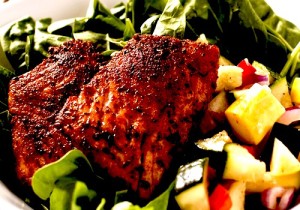
Morning events
The night before, eat a high-carbohydrate meal. Early morning, eat a light breakfast or snack:
cereal and non-fat milk (almond or coconut if your lactose intolerant), fresh fruit or juice, or toast, non-fat or low-fat yogurt with fruit (especially cherries and bananas), or a liquid pre-event meal, or protein smoothie.
Afternoon events
Eat a high-carbohydrate meal both the night before and for breakfast. Oatmeal is a great breakfast choice. Follow with a light lunch: kale with light dressing, turkey sandwiches with small portions of turkey, fruits (especially cherries and bananas), juice, crackers, high-carbohydrate nutritional bars, or pretzels.
Evening events
Eat a high-carbohydrate breakfast and lunch, followed by a light meal or snack: pasta with
marinara sauce, rice with vegetables, baked potato, or yogurt.
For some individuals, caffeine may be ergogenic, most notably in sparing muscle glycogen and thereby prolonging fatigue during endurance events. However, for others it may cause nausea and anxiousness.
Food for fuel during events
Athletes release heat production during physical activity by radiation, conduction, convection and
by vaporization of water. In hot and dry environments, evaporation accounts for 0-percent of metabolic
eat loss. There are modest amounts of minerals such as magnesium and chloride lost in sweat.
The worst environment to exercise in is one that is both hot and humid.
The intent of drinking during exercise is to offset a water deficit in excess of 2% of body weight
and is dependent on exercise intensity, duration and sweat rate (1). Beverages containing 6-8%
carbohydrate are recommended for exercise events lasting longer than 1 hour (1).
Muscle cramps are associated with dehydration, electrolyte deficits, and muscle fatigue and are
most common in profuse sweaters who experience large sweat loss (1). Athletes such as Tennis
players, triathlon and long distance cycling events are at high risk for muscle cramping, so extra
precautions should be taken: such as, taking frequent drinks during performance not waiting until
tired to consume.
References:
Sawaka MN, Burke LM, Eichner ER, Maughan RJ, Montain SJ, Stachenfeld NS, American
Collerge of Sports Medicine position statement on fluid replacement. Med sci 2009:38:2012-
2029.


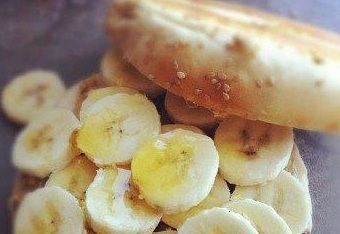
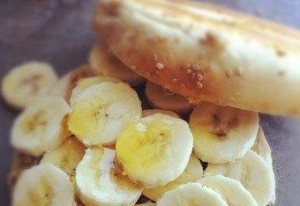
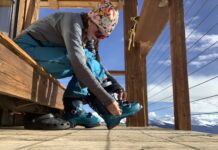





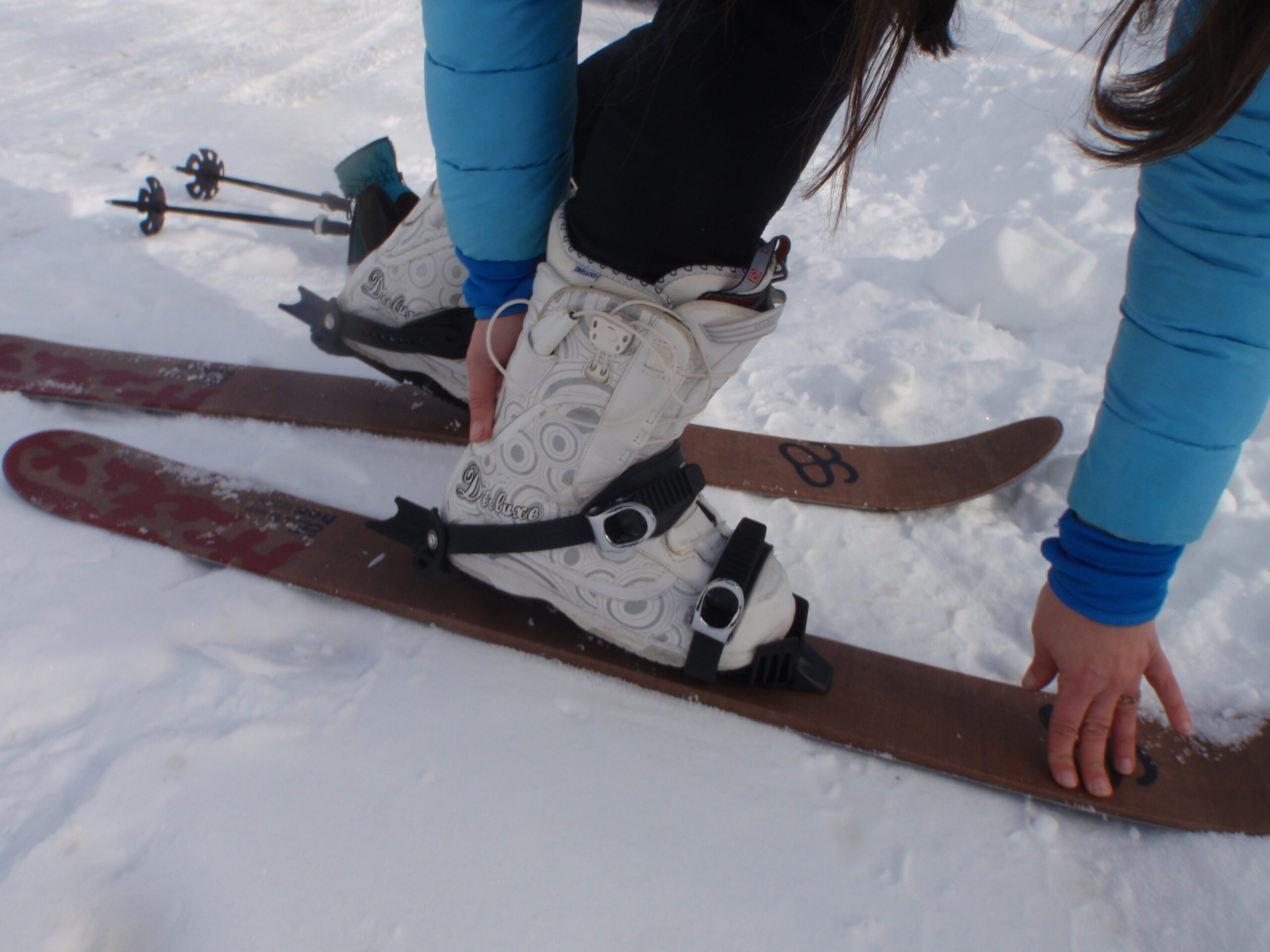


Great advice! Thanks for sharing!
Comments are closed.